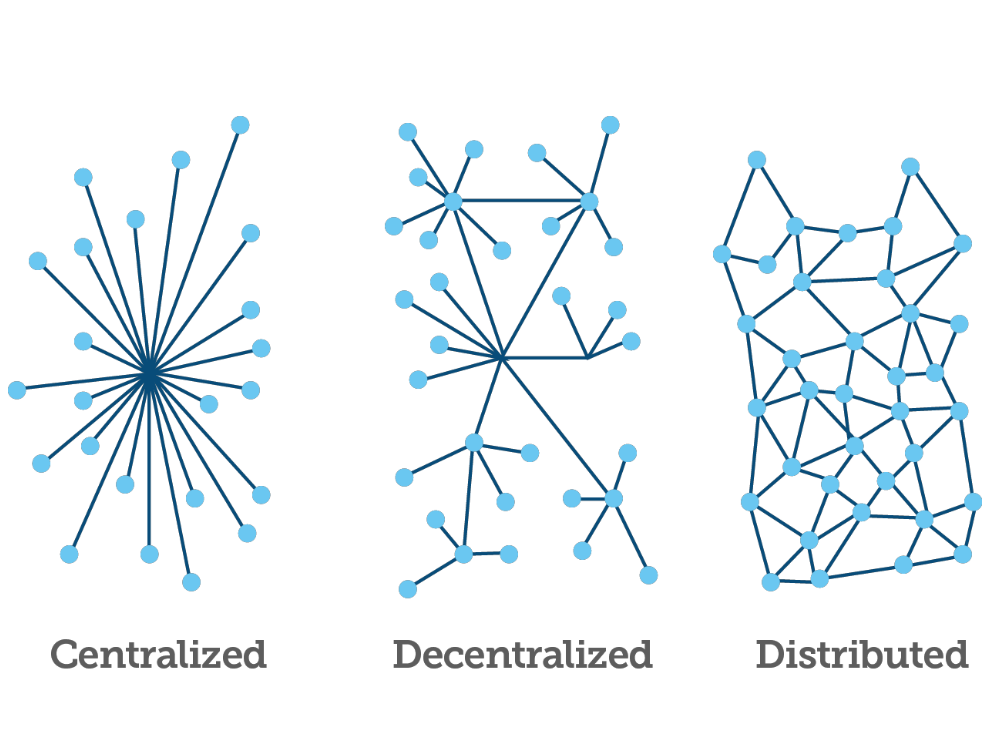
[This is a multi-part series covering blockchain technology and its transformative impact on the insurance industry. In part 1, we reviewed the WHY and WHAT of blockchain. In part 2, we discuss smart contracts and their implications on the entire insurance value chain.]
The concept of smart contracts dates back to 1994, when Nick Szabo – a cryptographer widely credited with laying the groundwork for bitcoin – first created the term “smart contract.” A smart contract is essentially a computer program set up with all the conditions agreed to by the parties involved and can automatically execute the terms of a contract. Like normal contracts they help you exchange money, property, shares, or anything of value but do so in a transparent, conflict-free way while avoiding the services of a middleman. For example, pharmaceutical and medical device companies have used software programmed with a contract’s conditions to monitor ERP and other systems and issue rebates and chargebacks depending on their sales channels meeting or exceeding certain conditions.















